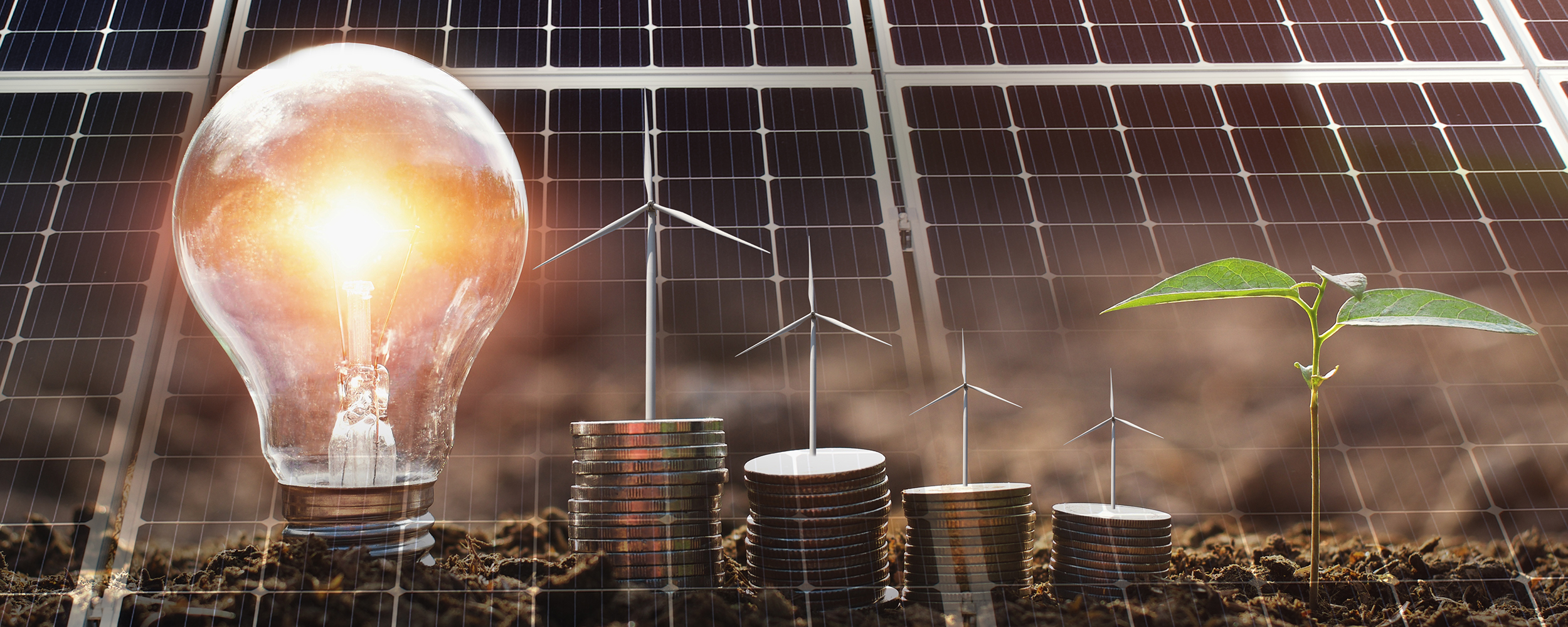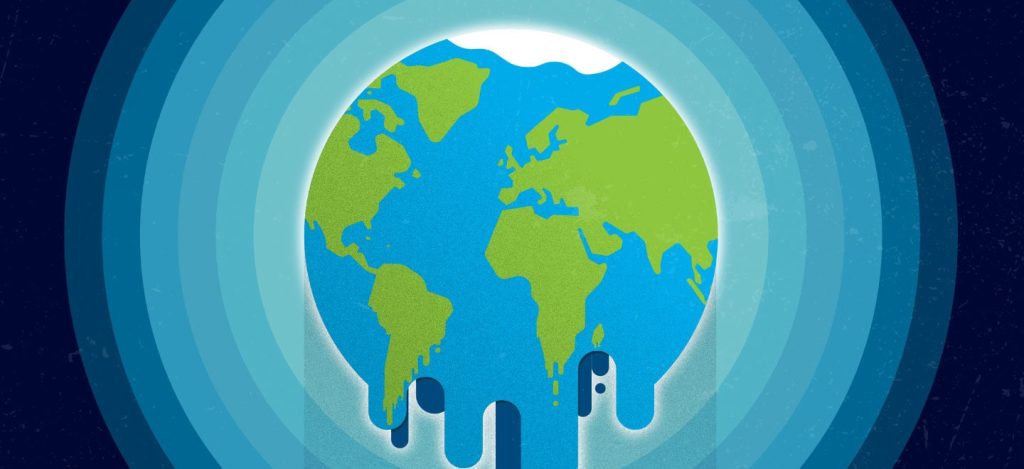
Economic Implications of Climate Change Adaptation
Climate change is an issue that affects us all. From extreme weather events to rising sea levels, its impacts are becoming increasingly visible and widespread. But have you ever wondered about the economic implications of climate change adaptation? In this article, we will explore the financial aspects of preparing for and mitigating the effects of climate change in a way that’s easy to understand without getting bogged down in complex jargon.
Understanding Climate Change
Before delving into the economic aspects, let’s pause to grasp the essence of climate change. Climate change encompasses enduring alterations in the Earth’s climatic patterns, encompassing temperature increases, shifts in weather dynamics, and heightened occurrences of extreme events such as hurricanes, droughts, and wildfires.
What Causes Climate Change?
The main factor behind climate change stems from the release of greenhouse gases, such as carbon dioxide (CO2), into the atmosphere. These gases capture solar heat, resulting in a gradual elevation of worldwide temperatures, commonly known as global warming.
The Need for Adaptation
As the planet continues to warm, we must adapt to the environmental changes. This adaptation involves adjusting our infrastructure, policies, and behaviors to better cope with the effects of climate change.
Economic Implications of Climate Change Adaptation
Now that we have a basic understanding of climate change let’s delve into its economic implications.
- Infrastructure Upgrades
One of climate change adaptation’s most significant economic consequences is the need for extensive infrastructure upgrades. Rising sea levels and frequent extreme weather events can damage roads, bridges, and buildings. Investing in resilient infrastructure is essential to ensure the safety and well-being of communities.
- Insurance Costs
As climate-related disasters become more common, insurance companies face increased payouts for damages. This can lead to higher insurance premiums for homeowners and businesses, adding to their financial burden.

- Agriculture and Food Security
Climate change affects agriculture by altering growing seasons and increasing the risk of crop failures. This, in turn, can lead to food shortages and higher prices, impacting both consumers and farmers.
- Energy Production
The energy sector is heavily influenced by climate change. As we transition to cleaner energy sources to reduce greenhouse gas emissions, traditional energy industries like coal and oil have significant economic implications.
- Public Health Costs
Climate change can exacerbate health issues, leading to higher healthcare costs. Heat-related illnesses, the spread of vector-borne diseases, and the mental health impacts of disasters all contribute to these rising costs.
- Tourism and Recreation
Communities that rely on tourism and outdoor recreation may suffer economic losses due to the effects of climate change. For example, warmer winters can lead to reduced snowfall, impacting ski resorts and the local economies that depend on them.
- Real Estate Values
Properties in vulnerable areas, such as coastal regions prone to flooding, may experience a decline in value as the risks associated with climate change become more apparent. This can affect homeowners and the broader real estate market.
- Government Spending
Governments at all levels must allocate resources to address climate-related challenges. This includes funding for disaster relief, infrastructure projects, and research into climate solutions. These expenditures can strain public budgets.
- Business Disruption
Climate-related events like hurricanes and wildfires can disrupt business operations, leading to financial losses for companies and potential job layoffs.
- International Trade
Climate change can also affect international trade by disrupting supply chains, impacting the availability and cost of goods, and leading to trade disputes.
Conclusion
In conclusion, the economic implications of climate change adaptation are vast and varied. From the costs of infrastructure upgrades to the impact on real estate values, climate change touches nearly every aspect of our economy. It’s clear that taking action to address climate change is not just an environmental imperative; it’s also a financial one.
Frequently Asked Questions (FAQs)
- How does climate change adaptation affect my insurance premiums?
Climate change adaptation can increase insurance premiums as insurance companies face increased payouts for climate-related damages. This can result in greater financial burdens for homeowners and businesses.
- Are there any benefits to investing in clean energy due to climate change adaptation?
Investing in clean energy as part of climate change adaptation can have economic benefits. It can create jobs in the renewable energy sector and reduce long-term energy costs, making it a win-win for the economy and the environment.
- What steps can individuals take to prepare for climate change’s economic impact?
Individuals can reduce their carbon footprint by using energy-efficient appliances, reducing water consumption, and supporting policies that address climate change. Building an emergency savings fund can also help mitigate the financial impact of climate-related disasters.
- How does climate change affect international trade?
Climate change can disrupt international trade by affecting supply chains, leading to shortages and increased costs for goods. It can also lead to trade disputes as countries may seek to protect their interests in the face of climate-related challenges.
- What can governments do to address the economic implications of climate change adaptation?
Governments can take various measures, including investing in resilient infrastructure, promoting clean energy, and implementing policies to reduce greenhouse gas emissions. They can also allocate resources for disaster relief and support research into climate solutions to mitigate economic impacts.
